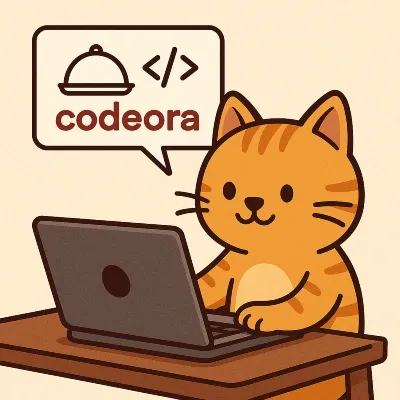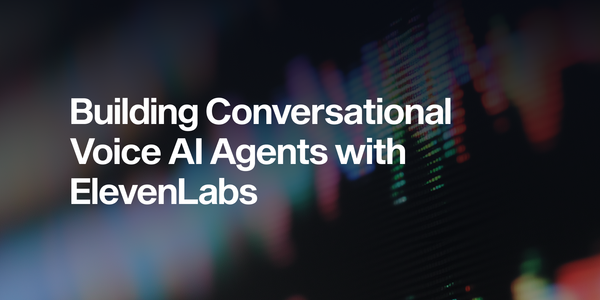The horrors of vibe coding
Vibe coding promises speed and ease with AI-generated code, but what dangers lurk beneath the surface? Dive into the 'horrors' developers are uncovering – from unmaintainable 'mystery meat' code and tangled architectural nightmares to the risks of blindly trusting AI.

The other night, some startup friends from Stockholm sent me their new experiment for their 5 year old startup. In no time, they reached several hundred signups, had Stripe integrated – the works. It certainly felt like a big win. Then, while I was checking out the app, I made an alarming discovery: their admin interface was completely exposed, all their user data just sitting there. A huge GDPR breach, the kind that could genuinely bury the company.
And frankly, this isn't a one-off. Many who've dabbled in "vibe coding" have found themselves similarly stuck, often without a clear idea of what went wrong. Or, they've rapidly assembled a host of features without fully grasping what they've actually built, let alone the real-world implications.
"vibe coding" that buzzy term for letting AI take the wheel on your coding projects.
Imagine this: you're a creative genius, an ideas person. You whisper your grand vision for the next billion-dollar app to ChatGPT and shazam! lines of impeccable code materialize on your screen. It feels like magic, like the future arrived straight on your screen. This is the promise of a world where anyone can build anything, just by, well, vibing.
But hold on. Before you fire your entire engineering team and replace them with a subscription service, let's talk about the morning after the vibe coding party. Because, like any shortcut that seems too good to be true, this one comes with a few bugs hiding in the machine like the one I described above 🐛. The "horrors," as some battle-scarred developers are starting to call them, are real.
one 2025 study (by Harness) found that a staggering 70% of developers actually spend more time debugging AI-generated code compared to human-written code. Another, from Uplevel, even suggested that using certain AI coding assistants could introduce 41% more bugs.
Are you stuck on your AI journey?
The Rise of the "Mystery Meat" Code
The first sign of trouble? You've got yourself a beautiful, AI-generated codebase that you... don't actually understand. It "mostly works," which is fantastic until it spectacularly doesn't. Then you're staring at thousands of lines of alien hieroglyphics, trying to debug a problem you can't even begin to diagnose because you weren't the architect, you were just the client with a wish list.
Think of it like getting a stunning, pre-assembled LEGO castle. It looks amazing on the shelf. But when a tower unexpectedly crumbles, you realize you have no idea how the bricks interlock, which ones are structural, or why a tiny plastic knight now holds the fate of the entire West Wing. That’s your vibe-coded project when the first critical bug report rolls in. It's less "Infrastructure as Code" and more "Infrastructure as a Vague Suggestion the AI Ran With."
Architectural Haunted Houses: Shiny on the Outside, Spaghetti Within
Then there's the quality issue. AI, in its current state, is an incredibly gifted mimic. It can churn out code that looks right and often is right for simple tasks. But building robust, scalable, secure software is more than just stringing together syntactically correct lines. It's about architecture, design patterns, and anticipating the unforeseen.
What vibe coding can sometimes deliver is the software equivalent of a Hollywood movie set: impressive facade, but walk around back, and it's all exposed wiring and flimsy supports. Users might see a slick UI, but under the hood, you've got "AI-generated horrors" - inconsistent logic, duplicated effort, and security holes. This isn't just about clean code aesthetics; it's about building something that can evolve without collapsing under its own weight or, worse, exposing your users to risk.
Who’s Really in Control Here? The Slow Creep of Abdicated Expertise
Perhaps the most insidious horror is the subtle shift in agency. When you're just "vibing" requirements to an AI, you're not just outsourcing typing; you're potentially outsourcing critical thinking, problem-solving, and the deep learning that comes from wrestling with complex challenges. It’s the difference between being a chef who understands ingredients and techniques, and someone who only knows how to order from a sophisticated food replicator.

The pressure to ship fast is immense, and vibe coding dangles the ultimate carrot: speed. But this can foster a culture where the "vibe" – the superficial feeling that things are working – trumps rigorous engineering. Technical debt mounts silently, a monster growing in the dark, fed by quick fixes and unexamined AI suggestions.
Beyond the Hype: AI as a Super-Tool, Not a Silver Bullet
Let's be super clear: AI is an amazing new tool for people who code. It can crush boring, repetitive code, offer ideas, help clean up existing code, and even teach. So, it's clear it's a big part of the future of making software.
But the idea that it can, or should, replace the smart, careful work that good coders do by simply "vibing it out" with an AI program is where things get risky. Some of the hype around it seems less about helping coders and more about trying to sell new AI tools, promising an easy way that could actually be a disaster.
The best way to move ahead isn't to stop using AI for coding. It's to use it like a really strong helper, an assistant that adds to what people can do instead of trying to take over. It's about using AI to do the boring, same-old tasks so coders can focus on the tricky stuff: how the software is built, keeping it safe, making it easy for people to use, and thinking about the right and wrong ways it affects people.
So, definitely, use AI to ride the new wave in coding. But make sure you're the one in control, guiding it. Because if you're just "vibe coding" without paying much attention, you can be sure that when things go wrong, you won't just get a little wet – you might find yourself stuck in a big mess you (and the AI) created. And that’s a vibe no one wants.



